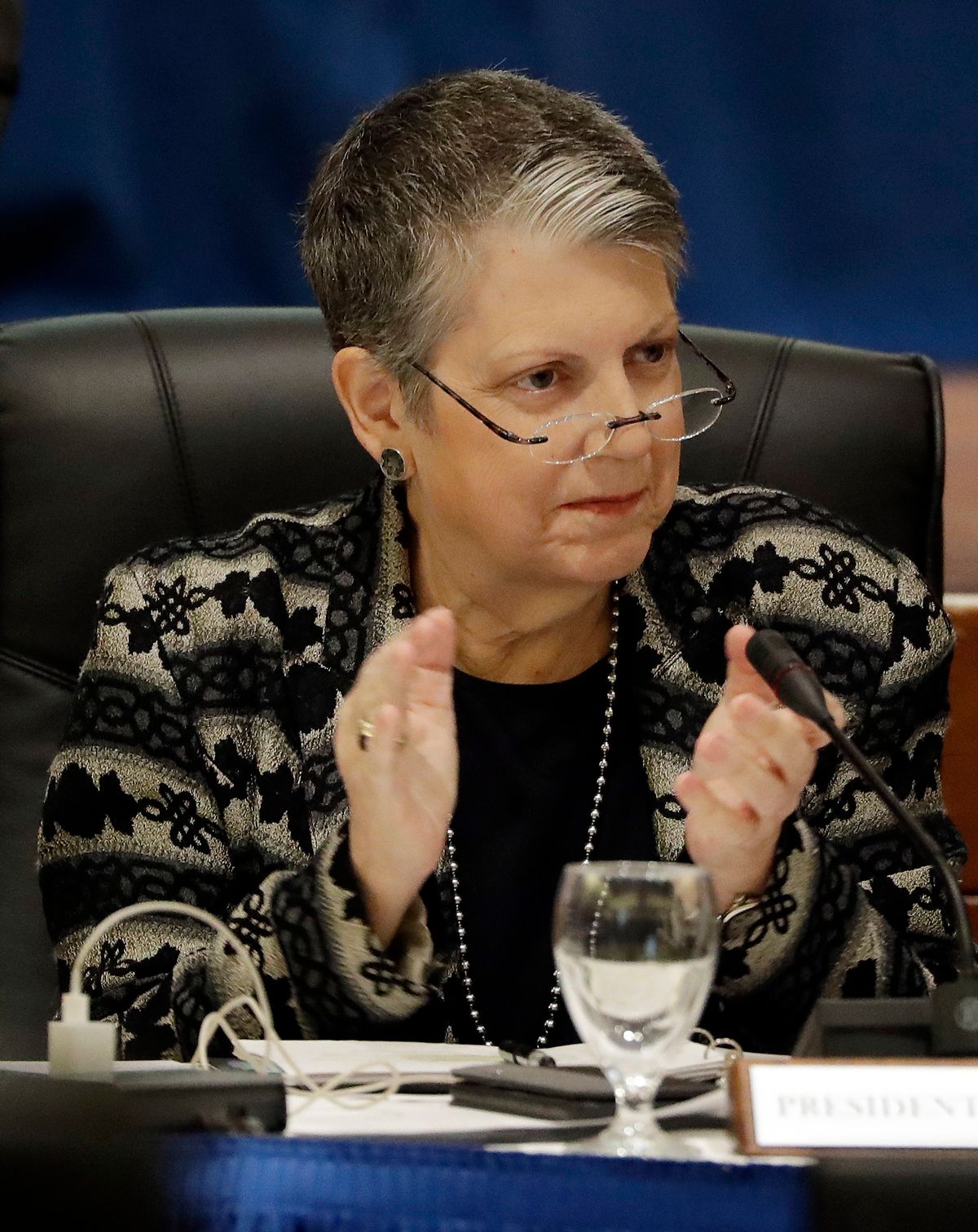Drew Faust’s recent decision to step down as president of Harvard has inspired much commentary about who should be the next president of the country’s leading university and, therefore, about the nature of the contemporary academic presidency. Has the position changed over the last generation of presidents? How much does an individual president still matter anyway?
As a former university president and student of the presidency, I find these questions fascinating to consider. Given that a high percentage of sitting presidents will be retiring in the immediate future, these questions are also important for all of higher education.
Will the next crop of presidents face different pressures and require different skills than was the case for new presidents a decade or two ago?
The changing presidency
To some extent, the answer to what kind of president a college or university needs is specific to that institution and that moment in time. In 2007, Drew Faust was the right president for Harvard in part because of the divisive atmosphere created by her predecessor. (Larry Summers drew considerable ire for his remarks about men’s “intrinsic aptitude” in math and science.)
But institution-specific considerations can vary greatly. Some circumstances call for a change agent; others for a stabilizing manager. Sometimes an internally focused academic leader is needed; sometimes an outward-looking spokesperson and fundraiser. Alumni status can be important, as can disciplinary background. The list of possibilities is long. Framing the needed profile is the job of trustees.
Beyond the specific circumstances of individual institutions loom larger questions about academic leadership in general.
Recent scholarly and professional discussions of the presidency tend to stress the changing nature of the role. One line of argument emphasizes heightened pressures from external factors like constrained public budgets, rising operating costs, increased government regulation and intensified competition from for-profit and online providers.
These considerations lead some to argue that academic institutions today must run more like businesses than in the past and that future presidents will need skills in corporate-style strategic planning and management, or in entrepreneurial approaches to program development and in identifying new revenue streams. Alternatively, some argue that intensified economic pressures call for heightened fundraising skills or, for public sector presidents, sophistication in political advocacy.
The changing university
Another line of discussion stresses the changing nature of the university itself. Colleges and universities, so the argument goes, are becoming more complex, with increasingly diverse constituencies and multiple centers of power. One such center of power is the faculty, whose increased autonomy and expectations of influence can seemingly limit executive action.
In recent years, scholars have described academic institutions as “loosely coupled systems” or “organized anarchies” and have concluded that traditional styles of top-down executive leadership do not work in this context.
An extreme version of this theory can lead to the conclusion that the powers of the presidency have been so diluted as to reduce the role to a merely symbolic one. One empirical study of universities in the United Kingdom found that campus leaders had no measurable impact on the actual performance of their institutions.
Though scholars may speculate on the efficacy of university presidents, presidents themselves tend to stress that decentralization within academic organizations simply changes the requirements for effective leadership.
Such presidents argue that the contemporary presidency requires capacities like persuasiveness, listening, consensus building and the creation of coalitions. In short, some feel that political skill should replace managerial acumen in a president’s skill set.
Recent discussions of academic leadership have stressed that such political skills have become even more important in the context of a new wave of student activism and heightened tensions within increasingly diverse campus communities — phenomena made more challenging by the megaphone of social media.
Presidential leadership is possible
Notwithstanding these multiple perspectives on the contemporary presidency, a unifying theme emerges: The presidency has become more complex and demanding.
Must we conclude that such complexity renders the role ineffective and therefore (oddly) less important? My own sense, based on 10 years as president of Northeastern, 40 years in academic administration and the study of numerous presidencies, is that significant presidential leadership remains both possible and essential.
First, I believe it’s a massive overstatement to argue that the presidency has been rendered ineffective by decentralized organizational structures and empowered campus constituencies. Presidents can and do lead by convincing key stakeholders whom they cannot directly control to support their goals. They do so by exercising persuasion, moral force and inspiration and by representing the inherent authority of the office. This is hard, but possible.
What’s more, these changes don’t eliminate important powers that remain in the hands of the president. Presidents still control the budget. Presidents establish organizational structures and lines of authority. Presidents appoint the top administrative officials who report directly to them. These are significant levers to shape an organization and direct its development. Using them effectively requires managerial skills like organizational design, team building, priority setting, delegation and supervision. Again, this is difficult, but possible.
Finally, quite apart from the matter of power, the symbolic role of the president remains deeply important. In my view, how faculty and staff feel about their president affects the quality of their work and, therefore, the education of students, just as the leader of any organization or unit of government affects the morale and commitment of members of that community. Moreover, how donors, alumni and legislators feel about the president affects campus finances.
Even if the president did nothing but occupy the office and articulate the value of the institution, the role would matter a lot.
![]()
Richard Freeland, Professor of History and Higher Education, Northeastern University

Shares